The month of July marks Juvenile Arthritis Awareness Month, a disease that effects over 300,000 children.
While the disease is commonly associated with aging adults, children can experience the same pain, swelling, stiffness and loss of motion. These symptoms are typically treated with prescription drugs, which are huge revenue generators for the medical industry.
Humira, a drug commonly used to treat rheumatoid and juvenile arthritis, grossed the most money out of all prescription drugs on the market in 2017. Close behind in third place is Enbrel and in fifth place Remicade, both of which are other drugs used to treat rheumatoid and juvenile arthritis. In total, they grossed over 26 billion dollars, according to Consumer Reports.
But not all patients are happy with these options. Patients complain of side effects such as headaches, cold symptoms, vision problems, and new joint pain. These side effects have led patients to seek out other, alternative options.
Cannabidoil (CBD), one of the natural compounds found in cannabis, is proving to be an effective treatment for arthritis. A 2015 study showed that when CBD gel was used on rats, it reduced both joint pain and inflammation. Best of all, the CBD produced these effects without any unintended, negative side effects. More research is still needed to draw conclusive results, but the trend is certainly promising.
However, as cannabis emerges as an alternative treatment for arthritis, it threatens the bottom line of big pharmaceutical companies who thrive on the profits of drugs like Humira and Remicade. While pharmaceutical companies may not want patients to know about the amazing results of cannabis, patients should educate themselves and consider all treatment options when it comes to managing their arthritis. In Missouri, patients with arthritis can be certified for medical marijuana use.
Learn more here about getting your medical marijuana card!



